You are looking for what to gift an astronomy lover? Are you going to see an astronomer friend for his birthday? Or maybe Christmas, holidays, Father's Day, Valentine's Day, birthday, or name day are approaching, and you are looking for a unique gift for a fan of space, science, stargazing, or astronomy? You are not precisely in the subject of astronomy, and would you like to give someone real fun outside of this Earth? Or maybe you want to make a gift just for yourself, but you have no idea what to choose? Never mind - below, you will find ten gift ideas for a fan of space, science, and astronomy - for mom, dad, boyfriend, girlfriend, kids, adults, him, or her for any occasion. These are my astronomy gifts ideas - enjoy and clear skies!
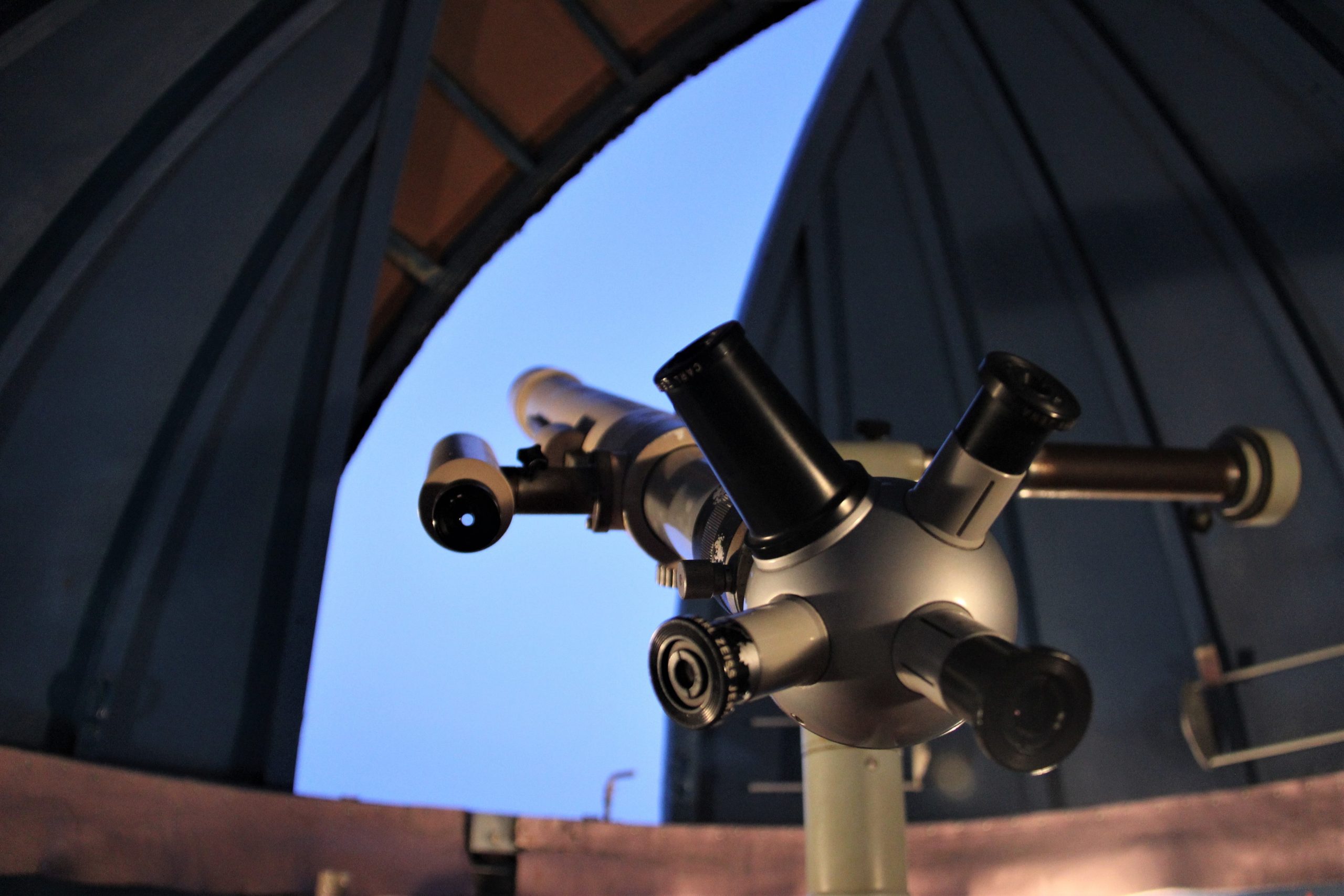
Jump to:
- 🛍️ Space, Cosmos and Astronomy Gifts Ideas
- 📚 1. Astronomy Book
- 🌟 2. Astronomy Binoculars
- 🌌 3. Physical Map of Stars and the Night Sky
- 🔴 4. Headlamp with Red Light Function
- 🔭 5. Telescope
- 🧱 6. Lego® Set
- 🍿 7. Good Movie, Game or Science Fiction Novel
- 👕 8. Astronomy T-shirt or Mug with a Space Theme
- 📱 9. Smartphone
- 📰 10. An Astronomy Magazine Annual Subscription (12 Issues, Print/Kindle)
- FAQ
- 💬 Comments
🛍️ Space, Cosmos and Astronomy Gifts Ideas
📚 1. Astronomy Book
A book on astronomy is always a good gift idea for a space fan! We have a vast selection of astronomy books on the market, ranging from beginner's guides to strictly scientific items. It is good to choose something at the appropriate level of the recipient - we will buy a different book for a child and a different one for an advanced adult. A bookstore employee will undoubtedly advise you on the topic.
An astronomy book is a universal gift for any astronomy lover. On the market, you will find books on virtually any subject related to this field of science:
- Astronomy itself - science, astrophysics, cosmology, astrobiology, astronautics
- Stargazing
- Astrophotography (check out best astrophotography books)
- Night sky guides
- Astronomy gear guides
🌟 2. Astronomy Binoculars
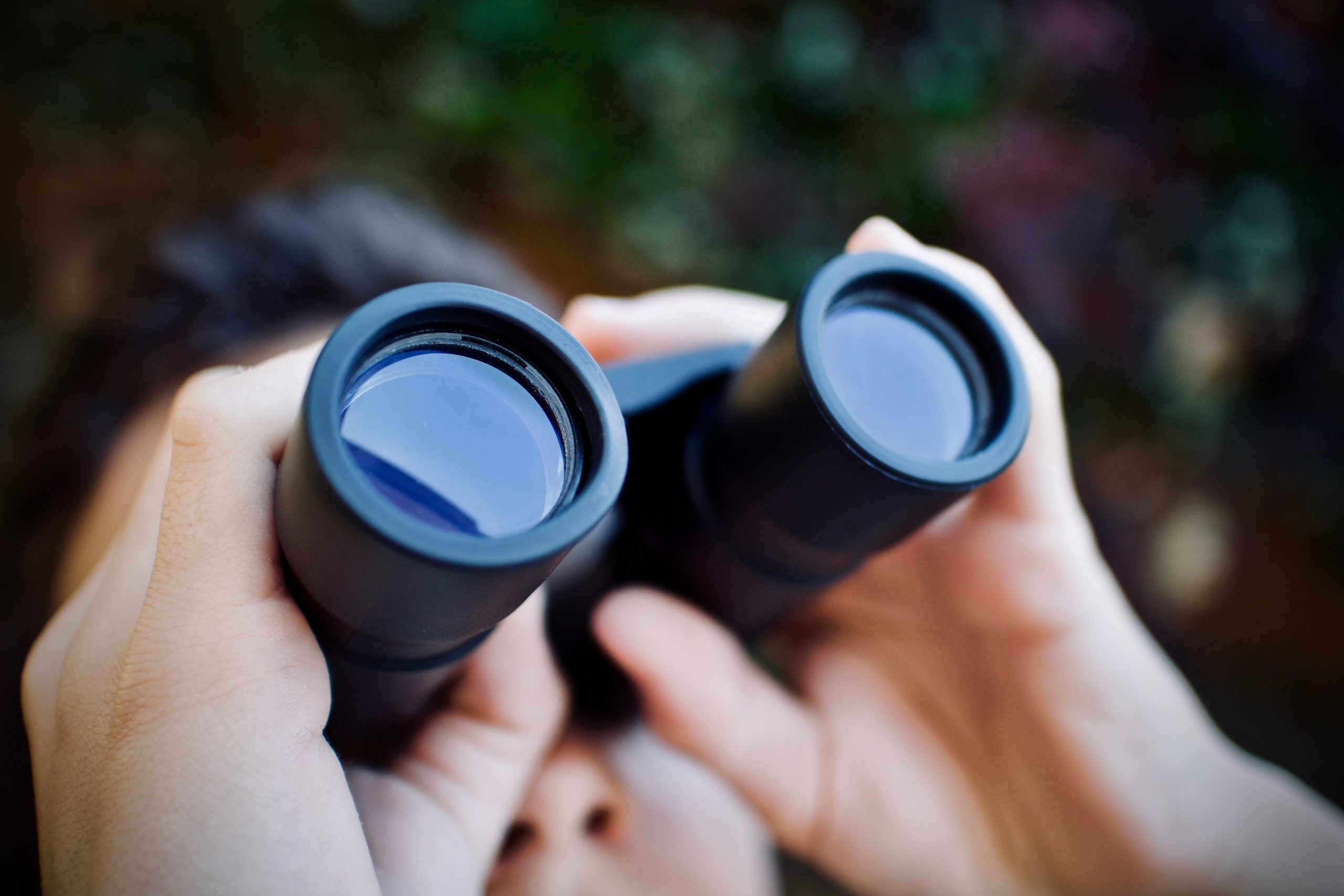
We associate astronomy with telescopes. There is a belief that for a start, you have to buy the best telescope you can afford to even start your adventure with discovering the mysteries of the night sky. Nothing could be more wrong. The best first beginner telescope is good-quality astronomy binoculars. Why? Three reasons:
- Simplicity and ease of use. The binoculars come ready to use. No calibration (e.g. collimation), positioning, folding. You take it out of the box, focus it and admire the night sky - in high-detail.
- Price. You can buy a good pair of binoculars for just a few hundred bucks. For a good telescope you have to pay several times as much, and for the telescope itself you have to buy some mount, eyepiecies and filters - this also goes into hundreds, if not thousands of dollars. Of course, you will see more through such equipment, but it is not necessary to start the hobby.
- Mobility. You grab the binoculars from the cabinet, go out to the balcony or the yard and you are ready to observe - the telescope requires more commitment (and often the strength of an adult to carry it). You simply put the binoculars into your backpack and go to some mountains or dark-sky reserves to admire the best skies available in your country.
Using suitable binoculars, you will get closer to the view of the Solar System, stars, nebulae (e.g., the Orion Nebula), or galaxies (like the Andromeda Galaxy).
🌌 3. Physical Map of Stars and the Night Sky
Despite the wide availability of planetary applications - be they mobile or desktop - a physical night sky atlas is helpful in many ways. For example, if your battery runs out or you forget to take your phone with you, a physical map of the night sky can help you navigate between the stars and constellations.
🔴 4. Headlamp with Red Light Function
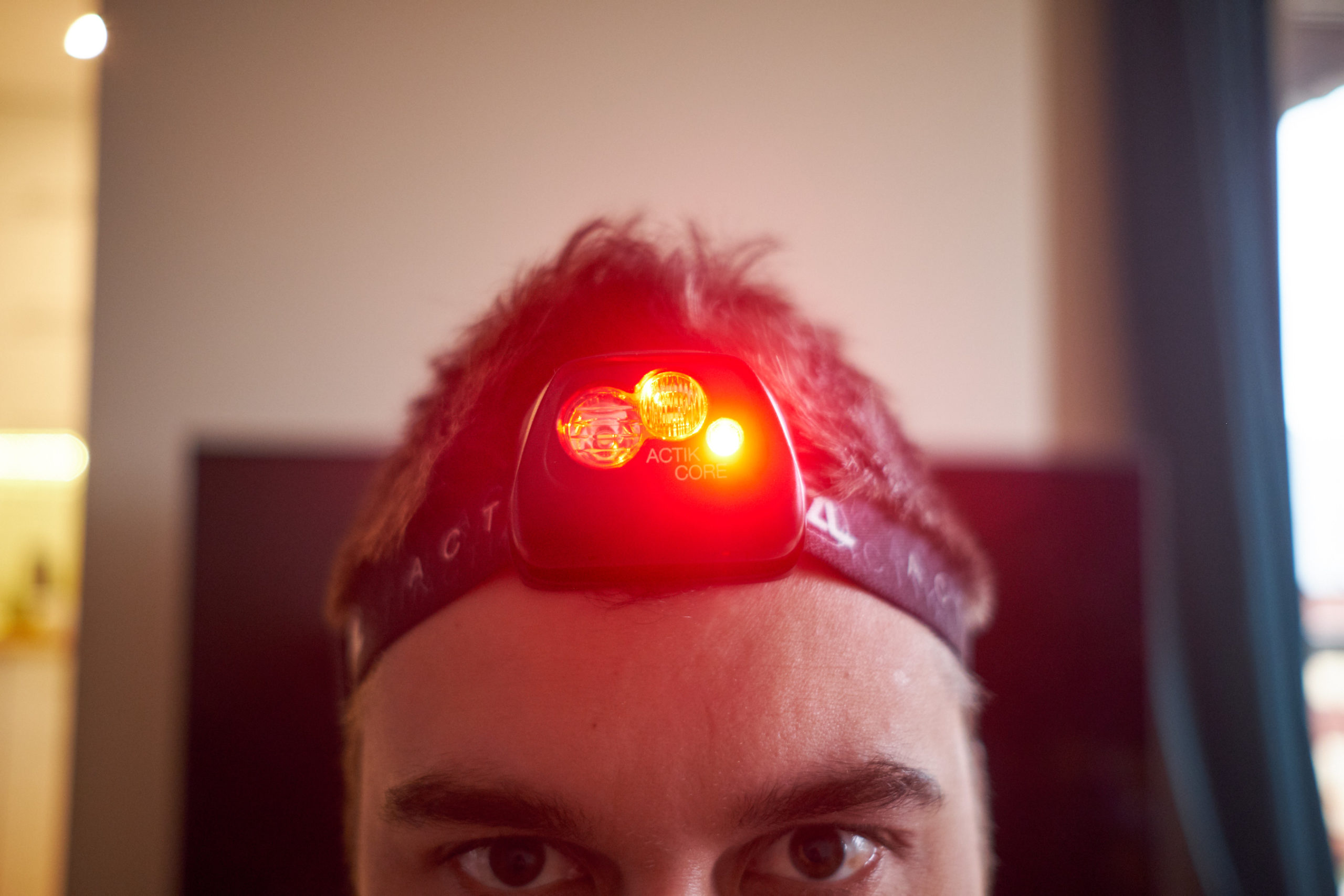
To see your sky map, binoculars, or telescope knobs in the dark, it is worth equipping yourself with a flashlight - preferably one with red light. Why?
To have your hands free to work with the instruments, of course.
However, standard white lighting spoils the eye's adaptation to vision in the dark when it comes to light. You can certainly notice it even at night at home when you wake up - at first, you cannot see anything in the dark, but as the seconds and minutes pass, you start to see as well as a wild animal in the darkness of a forest. This is the eye's adaptation to dusk - and the red light does not spoil it. You can successfully use the red flashlight for astronomical observations without losing your night vision - and the eye takes about 15 minutes to adapt thoroughly. It is a waste of time to turn on white light and lose the ability - it's better to adapt once and not spoil it by using red light.
Many flashlights have white and red light options, such as my Petzl Actik Core.
🔭 5. Telescope
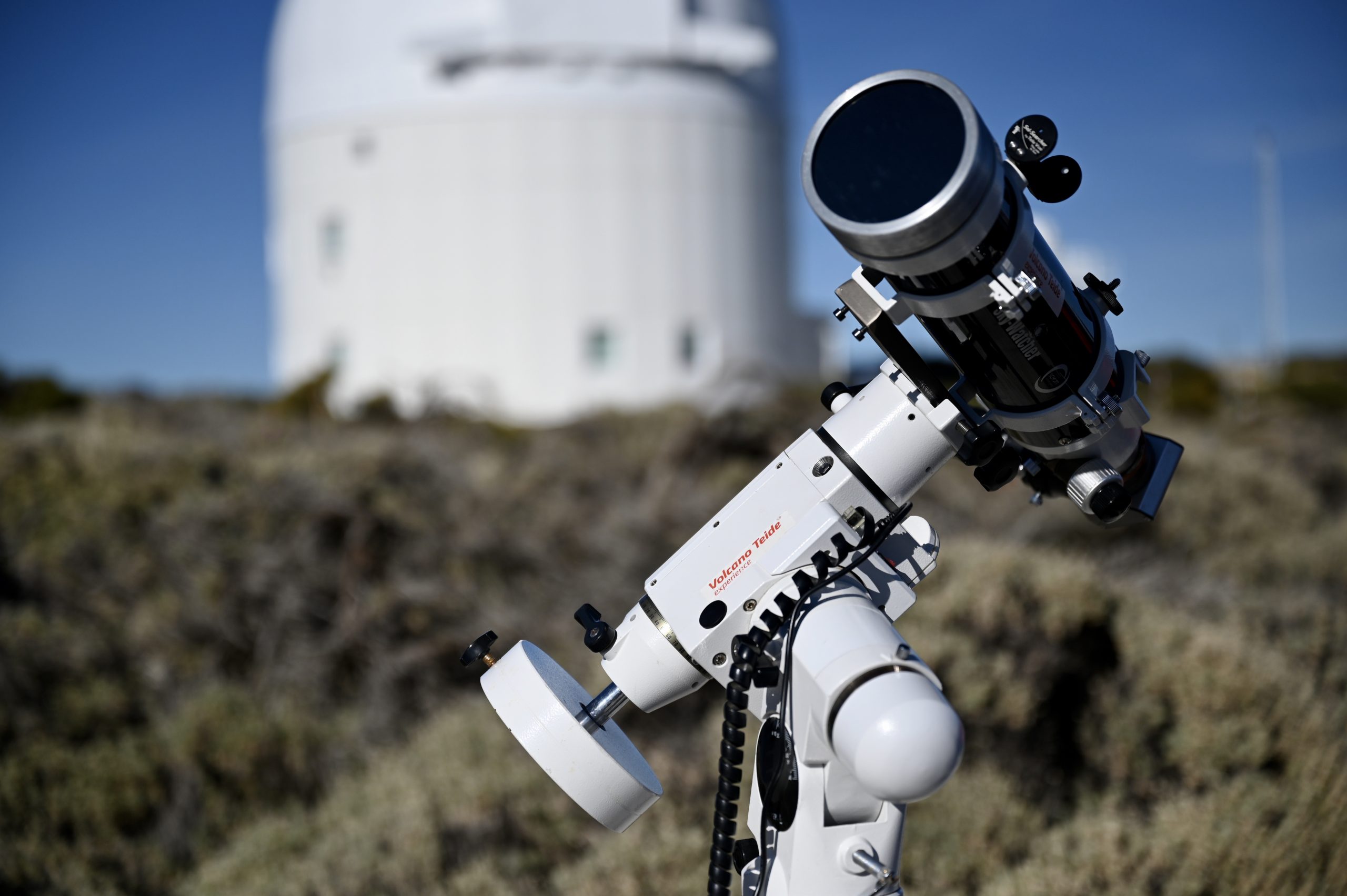
If you have a larger budget, the telescope will be a fantastic gift choice for any space and astronomy lover - young or old. However, it is worth remembering the actual purpose of the telescope - we will choose a different one for observation and another for astrophotography. The first option will be a cheaper option - we do not need a specialized equatorial mount (alt-az, a standard one, is good enough for stargazing) or a special astronomical camera (although you can also use standard DSLR or mirrorless cameras for astrophotography).
Remember that you get what you pay for. Don't expect to see kaleidoscopic nebulae like on pictures from the Hubble telescope. Those entry-level telescopes are suitable for beginners (both kids and adults). Still, to create bright images of deep-sky objects (nebulae, galaxies, star clusters), you would have to invest much, much more - both money and time to learn proper astrophotography skills.
Generally, visual-oriented telescopes are less demanding in terms of optics and build quality, thus cheaper, making them an excellent entry point into astronomy and stargazing hobbies.
🧱 6. Lego® Set
Who doesn't like to play with Lego? I don't know anyone like that. Lego set is a universal type of gift that you can buy for every occasion, for everyone. This doesn't change when shopping for astronomy lovers — there are hundreds of fantastic Lego sets for astronomy fans.
Space-related Lego bricks are an excellent idea for an astronomical gift for children and adults. Who among us did not love to play with this in childhood? I can bet that every adult will feel great nostalgia for building a space rocket out of blocks or building a lunar base, and imagine what fun the child will have - even more than us, adults.
🍿 7. Good Movie, Game or Science Fiction Novel
Few amateur astronomers are not fond of science fiction. If someone loves astronomy, then there's a gigantic chance that the person also loves science fiction movies that take place in space (I do!). If the weather does not allow you to go under the night sky (clouds, rain, too low temperature), a pinch of good cinema, game (video or a board game), or novel will be an excellent alternative to space travel - at least in your imagination.
A few suggestions for a movie are Interstellar, The Martian, 2001: A Space Odyssey, Contact, Star Trek, or Star Wars.
Interesting space games include Horizon Forbidden West, Kerbal Space Program, Mass Effect, Elite: Dangerous, No Man's Sky, and The Outer Worlds.
If the gift receiver likes books, he will not despise classic SF novels like The Foundation, Dune, Hyperion, The Problem of Three Bodies, Meeting with Rama, or Gateway - Gateway to the Stars.
👕 8. Astronomy T-shirt or Mug with a Space Theme
Suppose the person you are looking for a gift is not a supporter of wearing only a formal outfit. In that case, a good idea for a gift will be an item of clothing with a print referring to the cosmos - a t-shirt, sweater, sweatshirt, or dress, plus a mug, pillow, or another decorative element for the home or to an apartment.
Show off your love for astronomy and dress in a colorful astronomy t-shirt. Then, grab the attention of everyone and wear nebulae, stars, and galaxies on yourself. A must-have for any star party!
📱 9. Smartphone
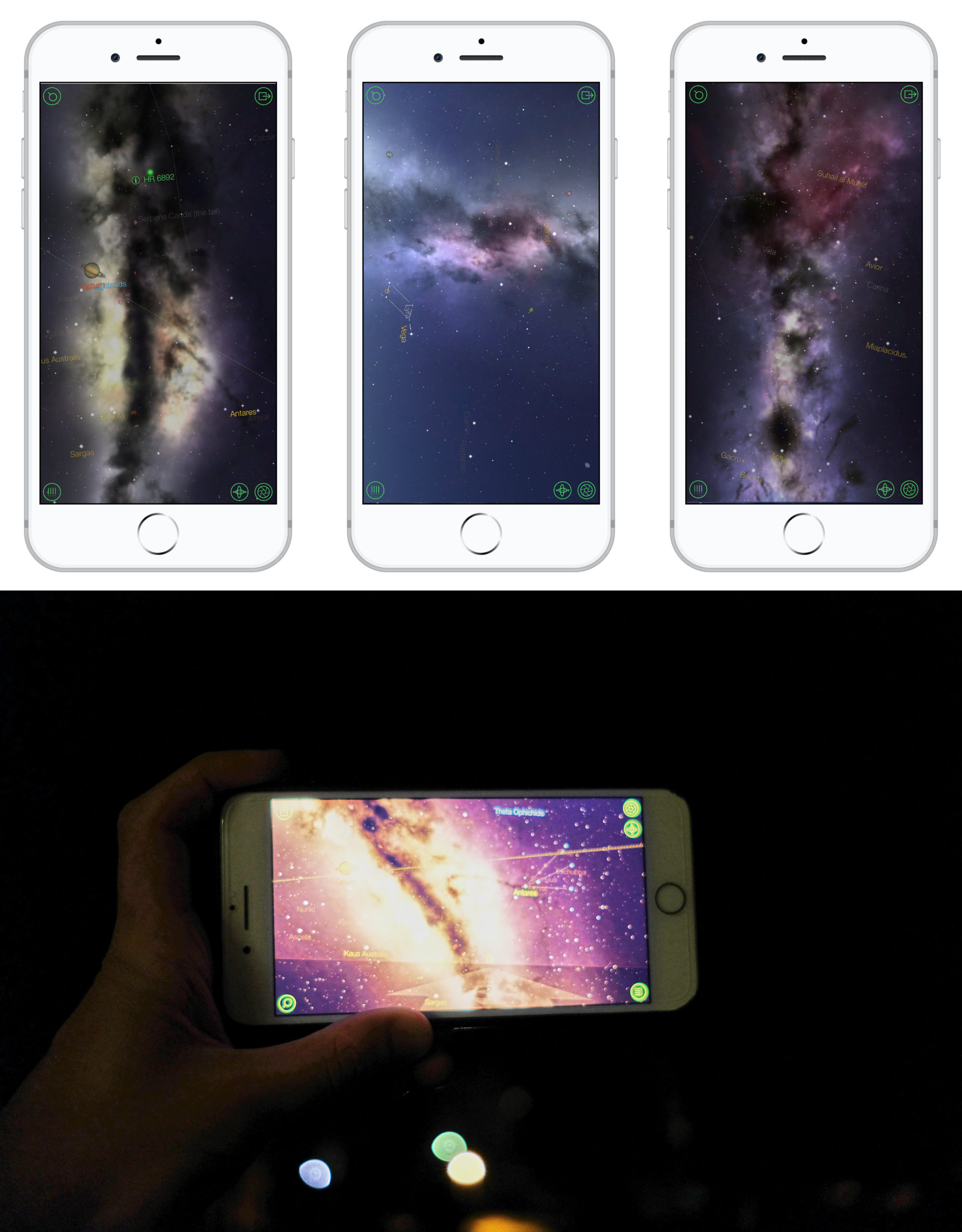
With the plethora of astronomy applications available on today's phones, your iPhone or Android smartphone can easily be turned into a portable planetarium. With apps such as Stellarium Mobile, SkySafari, or RedShift Sky Pro, every astronomy fan will find it easier to locate interesting astronomical objects in the night sky, learn their details or receive notifications about exciting events in the world of astronomy.
If you are not on a budget (or the person you are buying the gifts is significant for you), you can equip your astronomy lover with the iPhone fully-loaded with the newest and most helpful astronomy apps. If you are wondering how a smartphone can help in astronomy and stargazing, here are the essential types of app you can install on it:
- Weather forecast app
- Star map app (then no need for a physical one!)
- Calendar app (like above)
- Planetary app
- Polar aligning app (useful in astrophotography for calibration the whole rig)
- Night sky VR app
As you can see, the iPhone can be the ultimate astronomy device for many stargazing tasks.
📰 10. An Astronomy Magazine Annual Subscription (12 Issues, Print/Kindle)
Being regularly updated with the news from the astronomy world is essential to cultivate this hobby properly. As we have several astronomy and space magazines on the market, why not sponsor someone's subscription?
It is an excellent idea for a gift, and in addition, it is spread over time - the recipient will remember us for the entire 12 months (or for any other suitable duration of your choice). Low costs, new information, and satisfaction of the person you choose are guaranteed.
FAQ
- Astronomy book
- Binoculars
- Telescope
- Star map
- Calendar
- Astronomy magazine
- T-shirt
- Movie
- Lego
- Smartphone


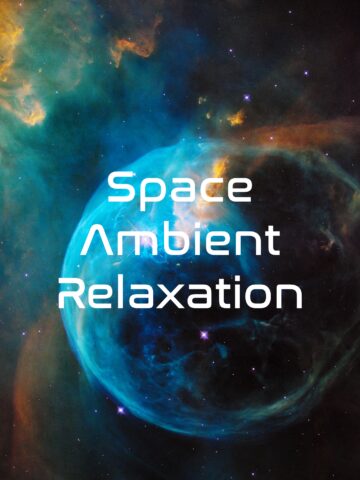

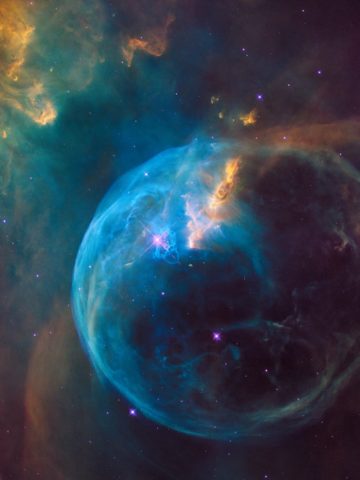
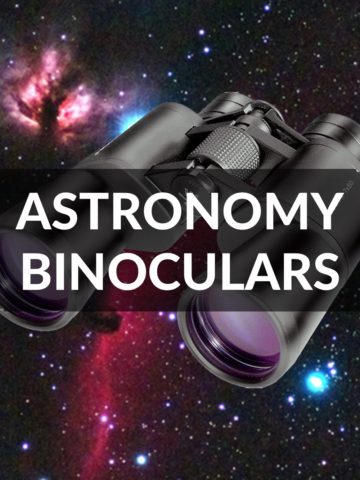
Comments
No Comments